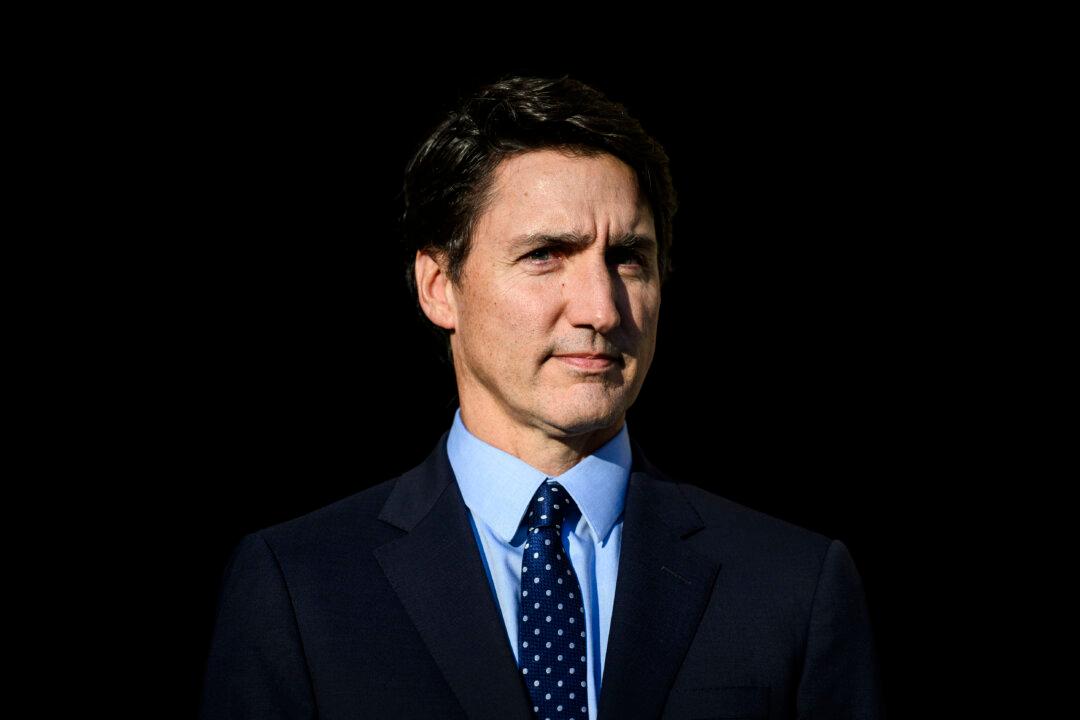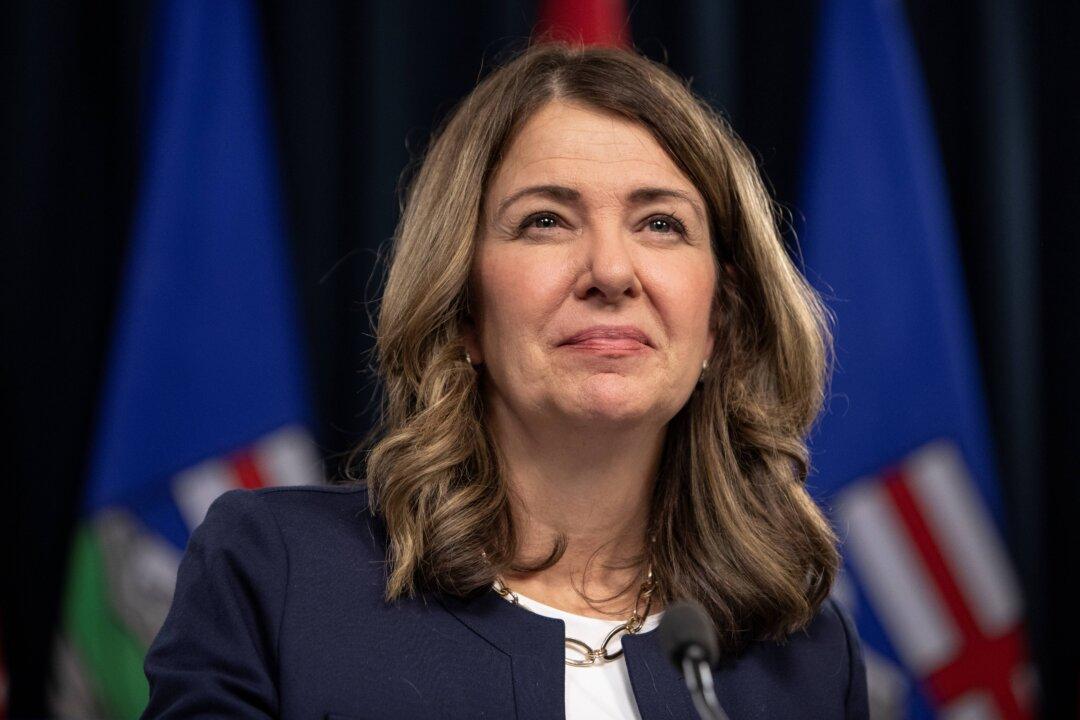Speculation about the future of the Liberal Party has intensified after its loss of another stronghold in a close byelection, this time in the Quebec riding of LaSalle-Émard-Verdun.
According to preliminary byelection results, the Bloc Quebecois won the riding with 28 percent of the vote, compared to the Liberal Party at 27.2 percent and NDP with 26.1 percent. The riding of LaSalle-Émard-Verdun had been held by the Liberals since 2015, when David Lametti won 44 percent of the vote compared to 29 percent for the NDP,





